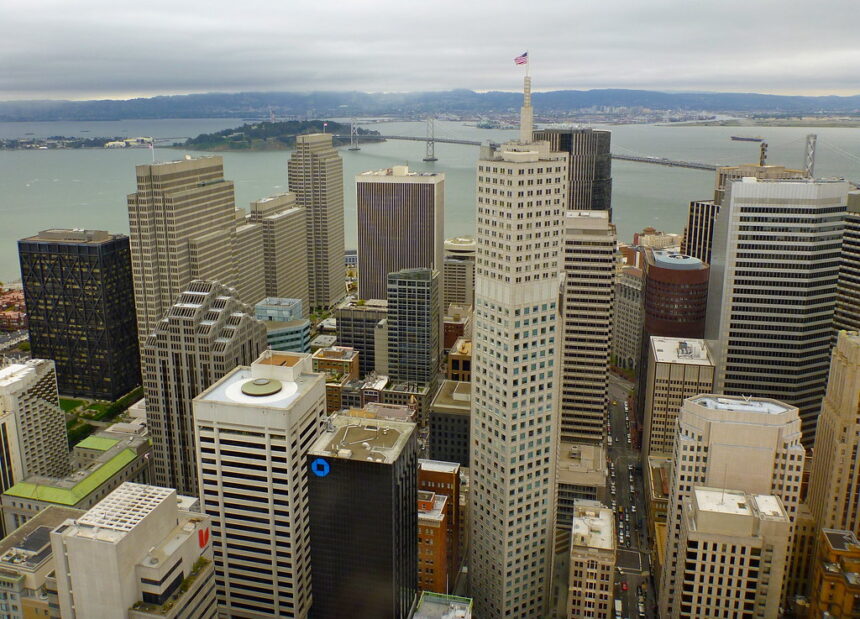Amazon has renegotiated contracts and demanded steep discounts from suppliers to protect its bottom line against new US tariffs on Chinese products. This is a strategy that was last employed during Donald Trump’s first presidential term.
According to the Financial Times, three vendors who represent different suppliers said that Seattle’s ecommerce giant had asked for price reductions of up to double digits in categories like homewares and consumer electronics.
White House tariffs up to 145% were reimposed on Chinese goods, which has put a lot of pressure on suppliers.
Scott Miller, consultant and former Amazon Vendor Manager said: “Amazon has become the 800-pound gorilla of the room.”
The platform has become a necessity for brands and they have no choice.
Amazon reprising its strategy of the previous trade war
Amazon’s strategy is similar to that of Trump’s initial presidency when the tariffs on Chinese products forced retailers into rapid adjustment.
Costco and Walmart, two of the largest retailers in America, are also seeking to reduce their costs by leveraging the company’s scale.
Goldman Sachs estimates that the new tariffs will reduce Amazon’s profit by between $5 and $10 billion this year. This is a drop of anywhere from 6 to 12 percent depending on how long the dispute has lasted.
Amazon stated that it “works with our wide range of valuable selling partners to help them adapt to the changing environment, while still maintaining our low prices.”
Pre-emptive actions: change in strategy of sourcing and stricter terms
Amazon took preemptive measures to mitigate the impact, such as cancelling large quantities of direct imports, and has advanced shipments in advance of the new tariffs.
Two consultants claim that the company is now focusing its purchases on suppliers who already have stock in the US.
Amazon is reportedly willing to absorb tariffs of up to one-third for imports from non-China. During a 90-day hiatus, the cost was 10%.
Amazon, however, demands that vendors sign fixed-margin contracts, which require them to absorb any loss if an article is sold at a discounted price.
Miller said, “To their credit they were willing to absorb some increased costs.”
Jassy announces price increases, but fights against the impact
In a CNBC interview, Amazon’s chief executive Andy Jassy admitted that the third-party vendors on Amazon Marketplace would most likely increase prices.
He said that Amazon is actively renegotiating contracts with suppliers to minimize the impact for consumers.
Jassy explained that in some instances, we will renegotiate the terms of deals we had negotiated but never completed to allow customers to get lower prices.
Prime Day and key earnings are a cause for concern.
Amazon’s shares have fallen nearly 15 percent this year. The company is expected to announce its earnings for the first quarter on Thursday. Investors will be watching closely for any signs of margin erosion due to tariffs.
Analysts will also be watching the summer’s upcoming ‘Prime Day,’ which is traditionally a major revenue generator.
Goldman Sachs analyst Eric Sheridan said that this event will likely see more modest promotions.
He said that “some costs will have to be paid… and a certain amount of it is transferred to the customer.”
The report Amazon Demands Discounts from Suppliers as Trump Tariffs Bite: Report may be updated as the updates unfold
This site is for entertainment only. Click here to read more




